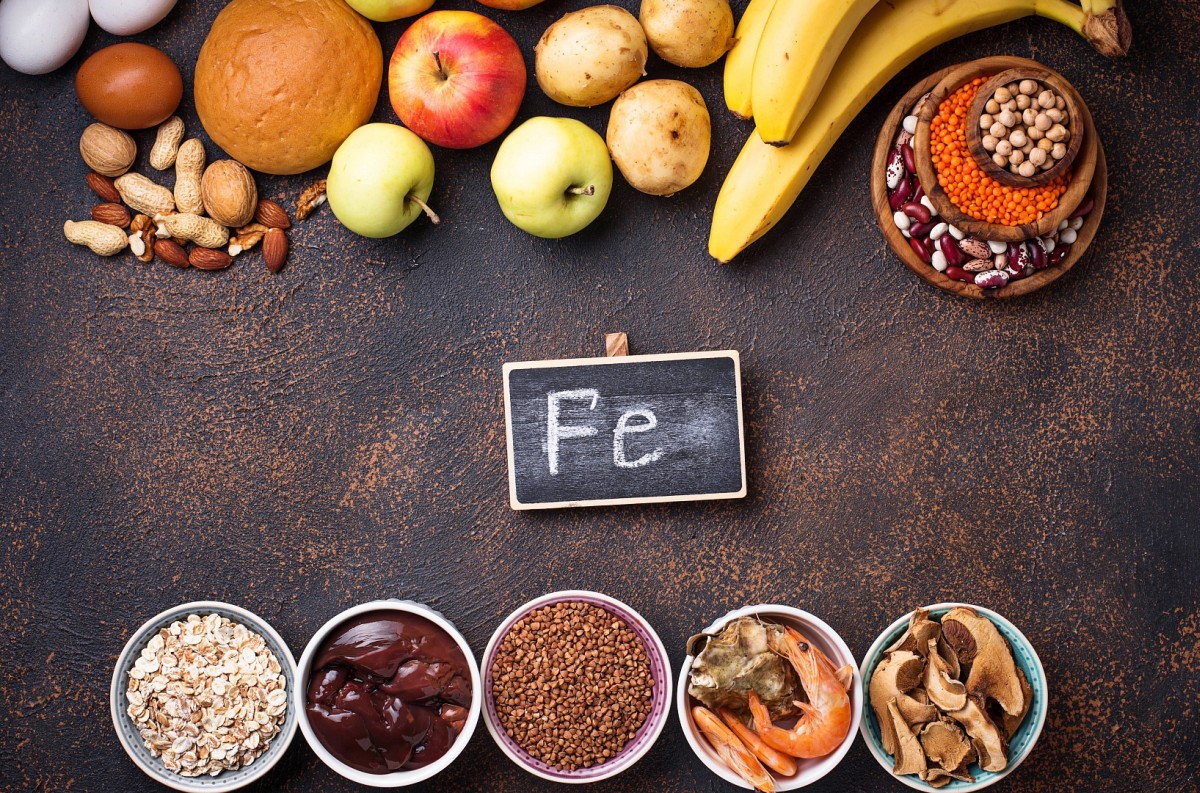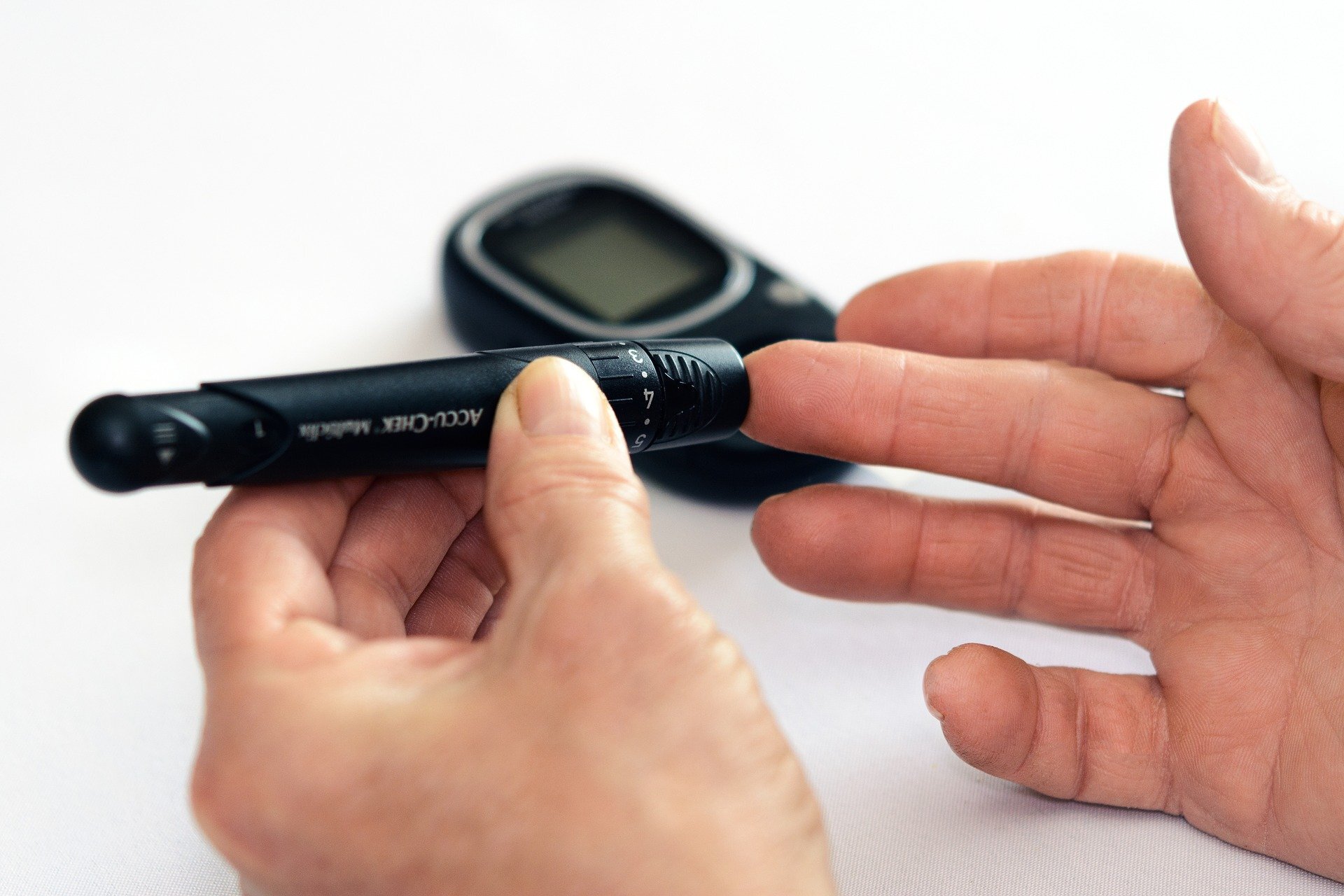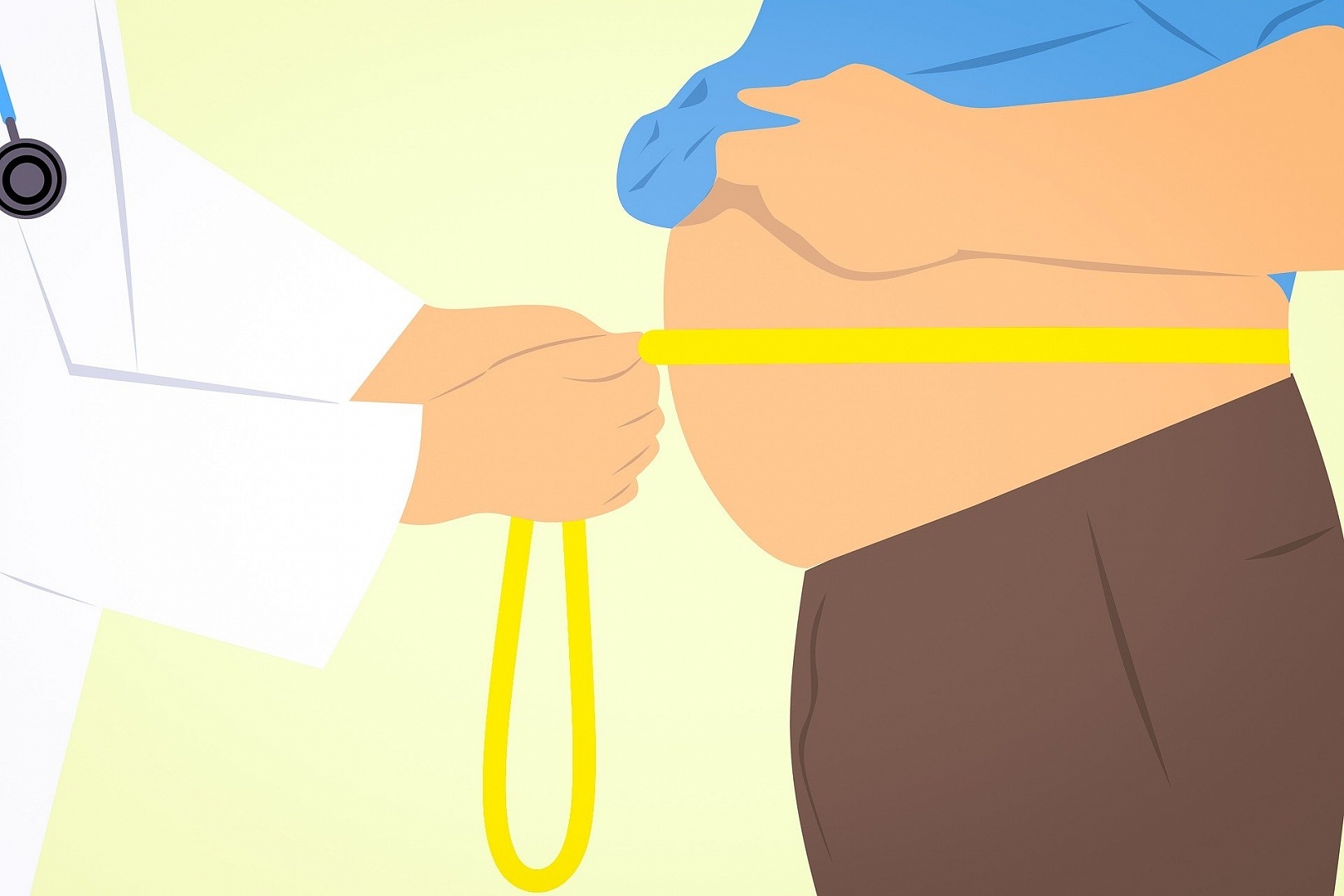What are the benefits of staying physically active?


Everyone, irrespective of age, gender, weight, or current medical conditions, should reap the rewards of physical activity. Unfortunately a sedentary lifestyle (spending most of the time indoors, especially in a sitting position) is becoming more prevalent in our day to day lives, and the evidence shows that this type of behavior is attributed to causing many easily preventable diseases. Simply put, our bodies are designed to move.
What are the benefits for your body?
- reduces the risk of coronary artery disease (atherosclerosis of the blood vessels of the heart) and stroke by up to 35%
- significantly reduces the risk of hypertension
- reduces the risk of type 2 diabetes by up to 50% (which is largely caused by a poor diet and lack of exercise)
- reduces the risk of colorectal cancer by up to 50%
- reduces the risk of breast cancer by up to 20%
- reduces the risk of premature death by 30%
- reduces the risk of osteoarthritis by up to 83%
- reduces the risk of hip fractures by up to 68% (especially important in the elderly, where this injury is a major cause of disability)
- reduces the risk of falls by up to 30% (especially in the elderly)
- reduces the risk of depression by almost 30%;
- reduces the risk of dementia by up to 30% (including Alzheimer’s disease)
How does physical activity lead to these benefits?
While you exercise, your body speeds up metabolism to provide the right amount of nutrients to your muscles. This way you are able to burn through carbohydrates (sugars) and fats, which are found in your blood as well as accumulated around your organs. By getting rid of these excess sugars, you lower the level of insulin in the blood and improve insulin sensitivity (how responsive your cells are to insulin). This helps prevent the development of pre-diabetic states or progression of diabetes. Also, by reducing the amount of fat (LDL cholesterol and triglycerides), you lower the risk of atherosclerosis and improve the condition of your blood vessels from head to toe.
Stimulation of neurons (brain cells) allows you to move your muscles. Through this simulation you trigger their regeneration and maintain their overall condition, allowing them to keep firing for many years to come. It is analogous to the saying “use it or lose it” – you must regularly stimulate the neural pathways in your brain to maintain their function. This way, your ability to remember things, to focus and to process information will improve.
Exercise also has a positive effect on the quality of your sleep. In people who suffer from sleep disturbances, it can minimize the use of sleeping pills, extend sleep duration and reduce daytime sleepiness.
While exercising, your body secretes endorphins – substances that act on the brain to improve the feeling of satisfaction and excitement as well as to reduce pain. The popularly known “runners high,” refers to the feeling of optimism and relaxation resulting from an exhausting training session.
Physical activity can have a long-lasting effect on lowering the levels of stress you experience. Intense exercise induces a state of physical stress on your body based on changes in your stress hormone (adrenaline and cortisol) levels. Your body learns to adapt by reducing the levels of these hormones and is then able to do the same during times of mental stress. Whether you’re doing an intense workout at the gym or giving an important speech, the body experiences similar effects – a faster heart rate, quick and shallow breathing, a dry mouth, increased muscle tension. Through exercise, you train yourself to become more aware of these sensations and allow your body to get used to them. This inevitably results in allowing you to better deal with these feelings in your day to day life.
People are social creatures and physical activity is a great way to spend time with your family and friends, or a perfect excuse to meet new people. It is also worthwhile to choose exercise that will allow you to have closer contact with nature, something that can further reduce your stress levels. Regular exercise also has a positive impact on sexual drive. It is proven that exercise improves erectile dysfunction in men and increases libido in both sexes. By regularly engaging in physical activity, you will also notice an improvement in your physical appearance – your skin quality will improve, your waist circumference will decrease, and your self-esteem will increase.
What counts?
For healthy adults, international recommendations define the minimum time and intensity of activity necessary to achieve positive effects as:
- 75 minutes of vigorous activity per week (activity that makes you breathe hard and fast, such as running or playing sports)
or 150 moderate activity per week (activity that makes you breathe faster such as cycling, swimming, or brisk walking) or a combination of both - In addition to the above, in order to improve joint health and maintain good posture, you should do weight bearing exercises (using either external weights or your own body weight) at least 2 times a week (i.e. weightlifting, yoga, pilates)
- it is also worthwhile to introduce exercises that improve balance and additionally stimulate your mind (i.e. dancing, tai chi or using exercise balls)
- limit the time you spend sitting (you should take regular breaks even at work)
Remember to start slowly and gradually increase your workout intensity and duration. If you have chronic diseases or have suffered injuries in the past, please consult a doctor before starting any training in order to rule out contraindications.






